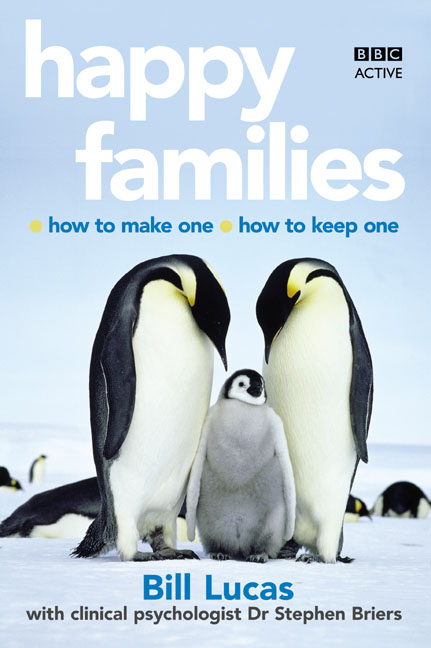 "Happy families are all alike; every unhappy family is unhappy in its own way." -- Leo Tolstoy
"Happy families are all alike; every unhappy family is unhappy in its own way." -- Leo TolstoyFar be it from me to question Tolstoy, but are happy families really so much the same--or happy individuals for that matter? After an underwhelming spin through Coke's Expedition 206, I started to wonder whether the metrics of happiness are universal, or whether attempts to define them are destined to produce glib soundbites that reveal more about the assessor than the happy cultures whose euphoria is in question.
So I put the question out to some of my transnational friends--that is, those who had lived at least six months in a country other than the one they were born in--and asked them to weigh in. What makes people happy--universally or in a specific country? The most common response was that I was a huge nerd for asking, followed by votes for having the freedom to do what you want to do and also for having good friends. I promised to keep responses anonymous, so below is a sampling from unattributed sources:
- "I have no actual data, but I'm happy to generalize wildly for you!The main source of happiness I saw in my little Russian city had to have been strong interpersonal relationships. There was nothing better or happier than hanging out with good friends, or family, or even colleagues for hours on end.I don't see the same level of that in the States except in very small communities: tight knit college campuses, exceptional workplaces, and unusual families. There's also a huge divide, in Russia and in the U.S., between what people *think* should make them happy (stuff) and what actually leads to happiness (being comfortable with themselves, having interesting things to do, knowing edifying people). Yay, generalization!"
- "I have been thinking about what makes people happy in Brazil and I don't think there is one answer but for my generation there is definitely a strong reason: "make sure you do what you like." ... [M]y parents always emphasized that if you do what you love, you will be happy. But I have to say that in general Brazilians are happy. It is crazy how sometimes you see somebody that makes barely enough to pay their bills and eat but are still very happy. I don't know how to explain but it is an energy that I haven't found anywhere else."
- "I do believe that relative equality/inequality has a ton to do with happiness. As a Peace Corps volunteer in El Salvador, I saw how happy people were in my little village, where everyone mostly lived at the same economic level. But when they'd take the hour-long bus ride into town, saw people with more than they had, they'd feel "poor" and would begin to want more, or feel hopeless that they'd never reach the levels of prosperity that they had recently been exposed to. It's not everything, but I think that being (or at least feeling) on the same economic level (or feeling that you have the same *opportunities* at least) is a huge factor in how happy people feel. Just my two cents."
- "My response is that "happiness", and the pursuit thereof, is a peculiarly American concept. I honestly don't think we dwell on it this side of the pond as much as you guys do. We tend to just get on with things... I'm not sure if that's a good or a bad thing. Being obsessed with happiness makes you more likely to try and take a proactive approach to your life, so that you can get what you feel you deserve or even need. On the other hand, not thinking about happiness too much means that there is probably less chance of your being unhappy..."
No comments:
Post a Comment